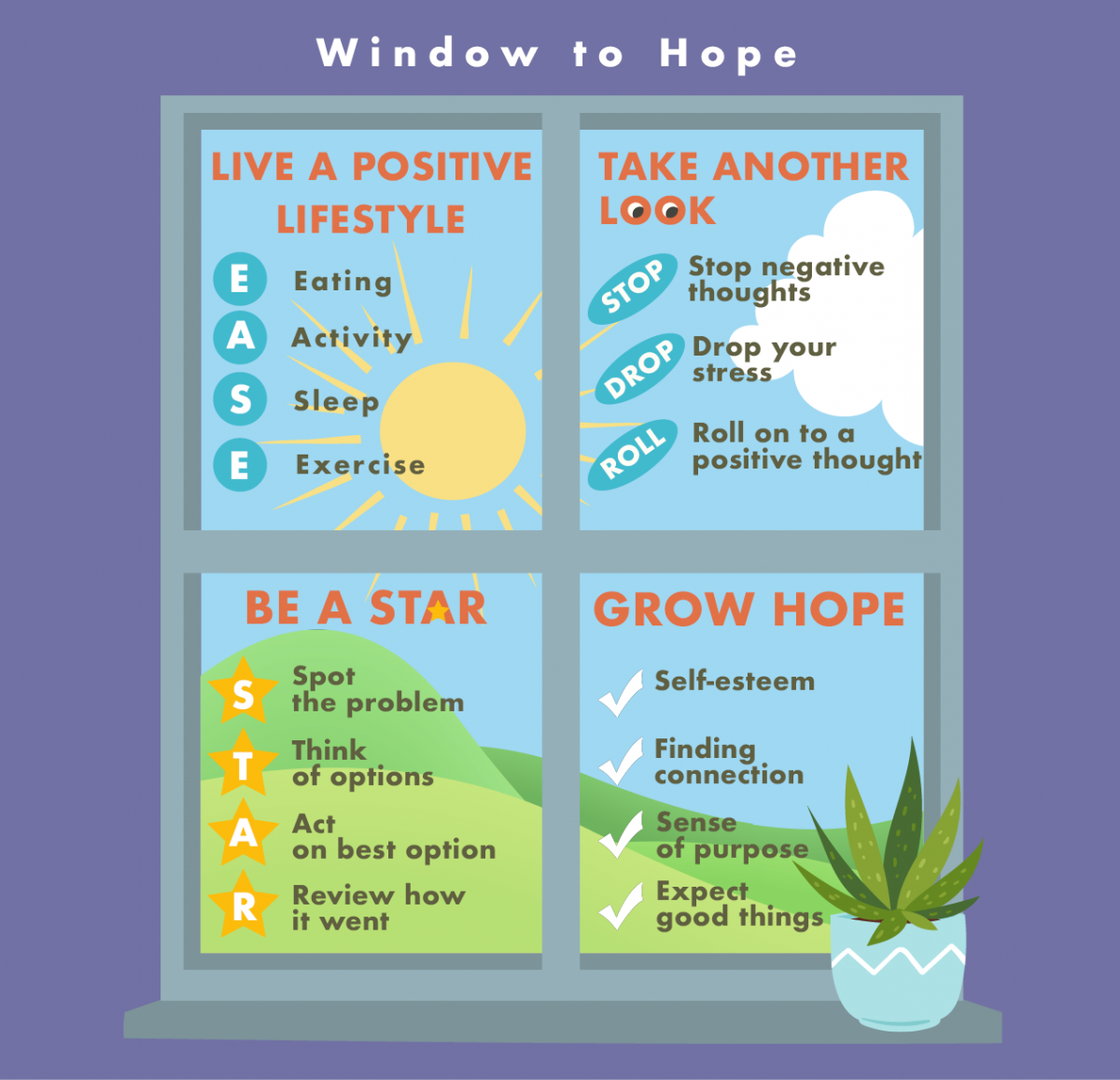 Based on the need for treatments for Veterans with traumatic brain injury (TBI), Colorado researchers led by Dr. Lisa A. Brenner, Ph.D., ABPP, Rp, of the Department of Veterans Affairs Rocky Mountain Mental Illness Research Education & Clinical Center (MIRECC) and University of Colorado published a series of investigations that examined psychological treatments to prevent suicide among Veterans with moderate to severe TBI (Matarazzo et al., 2014; Brenner et al., 2018; Barnes et al., 2017).
Based on the need for treatments for Veterans with traumatic brain injury (TBI), Colorado researchers led by Dr. Lisa A. Brenner, Ph.D., ABPP, Rp, of the Department of Veterans Affairs Rocky Mountain Mental Illness Research Education & Clinical Center (MIRECC) and University of Colorado published a series of investigations that examined psychological treatments to prevent suicide among Veterans with moderate to severe TBI (Matarazzo et al., 2014; Brenner et al., 2018; Barnes et al., 2017).
Dr. Brenner and colleagues’ initial efforts included piloting the Window to Hope (WtoH) intervention, a ten-session program conducted in small groups, in which principals from cognitive behavioral and problem-solving therapies are incorporated. The initial results affirmed WtoH’s feasibility and acceptability among Veterans. The researchers went on to demonstrate efficacy of the program in a randomized controlled trial. Findings suggested that participating in WtoH resulted in a reduction of hopelessness and depressive symptoms among Veterans with TBI. This rare favorable replication of a psychological trial (Simpson et al., 2011), with a different sample of participants, in a different country, and with different clinicians than the original study increases the likelihood that observed changes were related to participating. The team is now exploring strategies to provide and further evaluate this intervention to an even broader audience.
Additional work was completed regarding Problem Solving Therapy for Suicide Prevention (PST-SP), a ten-session small group program to develop problem-solving and coping skills, as well as collaborative safety planning for suicide prevention. A pilot study was conducted to test the delivery of PST-SP in the domains of acceptability, feasibility, and fidelity. The researchers are optimistic that the positive feasibility results will lead to future efficacy trials implementing and evaluating the impact of PST-SP on helping Veterans build problem-solving skills following TBI.
Together, these interventions fill an important treatment gap in psychological interventions for Veterans who have sustained a moderate to severe TBI. The findings emphasize that building hope and effective problem-solving skills are important clinical targets for preventing suicide in this population.
References
Barnes, S. M., Monteith, L. L., Gerard, G. R., Hoffberg, A. S., Homaifar, B. Y., & Brenner, L. A. (Nov 2017). Problem-Solving Therapy for Suicide Prevention in Veterans with Moderate-to-Severe Traumatic Brain Injury. Rehabilitation Psychology; 62(4): 600-608. DOI: 10.1037/rep0000154
Brenner, L.A., Forster, J.E., Hoffberg, A.S., Matarazzo, B.B., Hostetter, T.A., Signoracci, G., Simpson, G.K. (Mar/Apr 2018). Window to Hope: A Randomized Controlled Trial of a Psychological Intervention for the Treatment of Hopelessness among Veterans with Moderate to Severe TBI. Journal of Head Trauma Rehabilitation; 33(2): E64-E73. DOI: 10.1097/HTR.0000000000000351
Matarazzo, B.B., Hoffberg, A.S., Clemans, T.C., Signoracci, G.M., Simpson, G.K., Brenner, L.A. (Sep 2014). Cross-Cultural Adaptation of the Window to Hope: A Psychological Intervention to Reduce Hopelessness among US Veterans with Traumatic Brain Injury. Brain Injury; 28(10): 1238-1247. DOI: 10.3109/02699052.2014.916419
Simpson, G.K., Tate, R.L., Whiting, D.L., Cotter, R.E. (2011). Suicide Prevention after Traumatic Brain Injury: a Randomised Control Trial of a Program for the Psychological Treatment of Hopelessness. Journal of Head Trauma Rehabilitation; 26: 290–300. DOI: 10.1097/HTR.0b013e3182225250